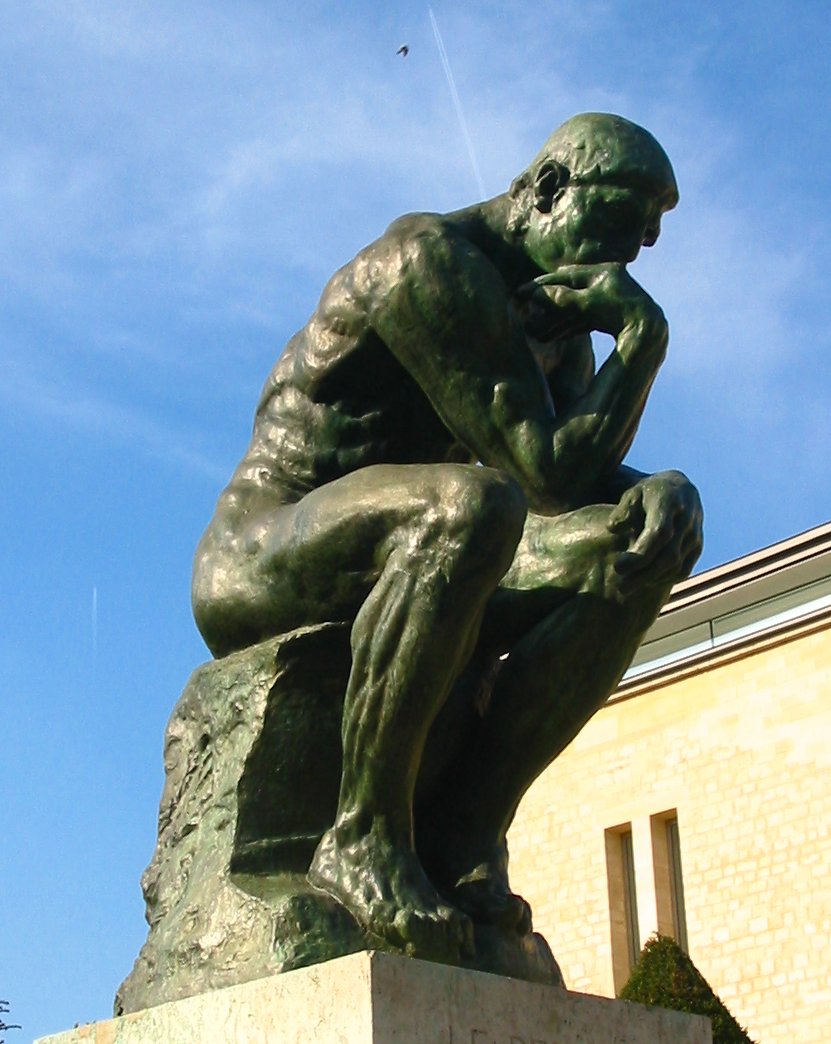They deem me mad because I will not sell my days for gold; and I deem them mad because they think my days have a price. — Kahlil Gibran
How would you describe a Buddhist Philosopher? Or would you?
Simon Critchley, of the famously leftist New School, wrote an excellent article thie seek, “What is a Philosopher?” Discussing Plato’s Theaetetus, he determines that the “philosopher is the person who has time or who takes time.”
I love the definition, and Critchley’s discussion, like Plato’s, is quite appropriate for where I find myself in the world. Working on a doctorate, I find myself explaining regularly that it isn’t something to be ‘knocked out’ in a chunk at a time. It’s not a 9-5 where I can turn on the productive process in the morning and then turn it off after several productive hours to return to domestic life.
However, as Amod Lele well states in his discussion of Critchley at LoveofallWisdom, much of the contemporary philosopher’s life has been reduced to another mode of production. Since there is basically no money in ‘corrupting the youth’ as Socrates did, in order to do philosophy today one is forced into the factory of impressing professors, battling into a ‘good’ school, and exiting with a tenure track position, at which you are forced to ‘publish or perish’ madly for about five to seven years, all the while teaching three or four courses, adjusting to new environs, departmental politics, and… all at the age in which our biology is telling us to pair off and produce children.
So, in a word, the contemporary philosophy profession has become anti-philosopher. One who takes time today will too often confront the (pseudo-) truth that time is money and universities are getting less and less of the latter.
All of this is why, about seven years ago, I began to veer away from philosophy as a profession. While I was talented in analytic philosophy at the time, I didn’t really like it, preferring the holistic and engaged nature of continental thought far more. When I explained this to my advisor, a friendly old analytic philosopher, he chuckled and said I could go into continental philosophy, but I’d never find a job. And in either field, a strong interest in Buddhism, or any Asian thought, was looked down upon (I think this is still true today, but hopefully slowly changing).
So instead I went to Bristol to study Buddhism and found myself learning from three brilliant philosophers: Paul Williams, Rupert Gethin, and John Peacock (not philosophers in a narrow sense but in the wider ‘love of wisdom’ sense). Peacock can be seen here lecturing at a recent conference in Oxford. It was, I must say, still probably the happiest year of my life – certainly at least in terms of doing philosophy. Then I returned to Montana to study more philosophy – this time in the philosophy department. I had intended on working toward a special “Masters of Arts in Teaching” (M.A.T.), but the department abolished that program in the months between my application and their acceptance letter. I went anyway and did fine – even winning a few awards – but the factory-feeling settled in somewhat and I decided it wasn’t for me.
So I returned to England to study with the world’s foremost Buddhist Ethicist, Damien Keown. Out again from academic philosophy and back again into the ‘love of wisdom’. And while again my productivity has gone down in many ways, my learning and level of life satisfaction have gone immeasurably up.
But is this life of philosophical leisure sustainable? To be honest there is a certain fear in completing my thesis and fully entering the job market. And given Amod’s discussion – he gives links to others who bring it home even more – this fear is not unfounded. I wrote about this a bit in January after dipping my toes in those frigid waters (filled with stats, both optimistic and otherwise). Job offers in my field had plummeted from around 160 in 2007 to just 40 in 2009.
But not all is without hope. Returning to the subject of time, I still have that. How I choose to spend it will determine whether or not I turn out to be a true philosopher, or not.
And in the background, Phish plays:
If time were only part of the equation
Then you could draw the bound’ries of our cage
You wouldn’t pile another stone upon me
And I’d be happy just to watch you age
But everything is in it’s own dominion
And waiting in the shallows as I do
Appeases me as water slowly trickles out
Which isn’t nearly fast enough for you
It isn’t nearly fast enough for you
It isn’t nearly fast enough for you
Its what I was afraid of
I stumble into view
But it isn’t nearly fast enough for you
It isn’t nearly fast enough for you












